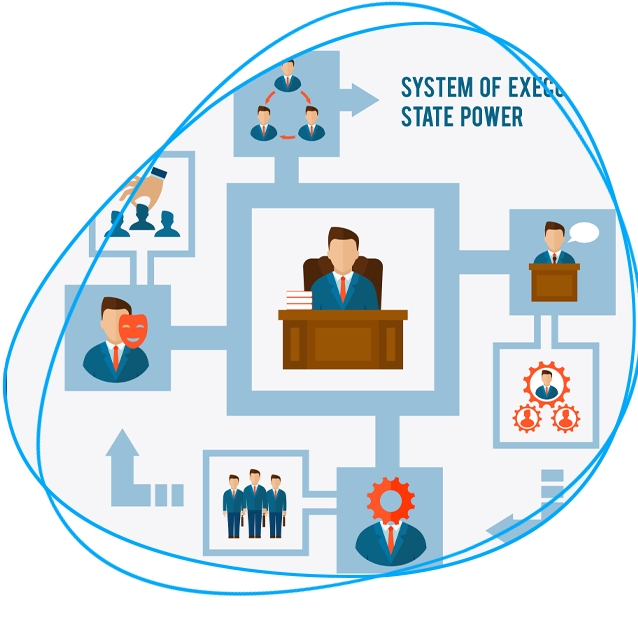Constituency Level Political Strategies
Constituency level political strategies aim to build support, win elections, and effectively represent the interests of constituents. Here are some common constituency level political strategies:
Door-to-Door Canvassing: Candidates and their campaign teams visit individual households within a constituency, engaging directly with voters, discussing their concerns, and promoting the candidate's platform. Canvassing allows for personal connections and provides an opportunity to address specific local issues.

Town Hall Meetings: Organizing town hall meetings provides a platform for candidates to interact with constituents, hear their opinions, and answer their questions. These events can help build trust, gather feedback, and demonstrate the candidate's commitment to open communication.
Community Events and Festivals: Attending local community events, festivals, fairs, and parades allows candidates to connect with a broader audience and demonstrate their presence and support for the community. It provides an opportunity to introduce themselves, distribute campaign materials, and engage in informal conversations.
Voter Registration and Mobilization: Political campaigns often focus on voter registration drives to ensure eligible voters are registered. Additionally, they employ various techniques like phone banking, sending reminders, and organizing transportation to encourage registered voters to participate in elections.
Targeted Advertising: Candidates may use targeted advertising strategies to reach specific demographics within a constituency. This can include digital advertising, direct mail, local newspapers, radio spots, and even billboards. The messaging and imagery are tailored to resonate with the local population.
Building Coalitions and Endorsements: Candidates may seek endorsements from local community leaders, organizations, and influential individuals to gain credibility and widen their support base. Forming alliances and coalitions with like-minded groups or individuals can help amplify their message and expand their reach.
Constituency-specific Issue Focus: Candidates often emphasize specific issues that are relevant to their constituency, such as local infrastructure, education, healthcare, or employment. By understanding the unique concerns of their constituents, candidates can tailor their messaging and policy proposals accordingly.
Volunteer Recruitment and Ground Game: Building a strong network of volunteers to support the campaign is crucial at the constituency level. Volunteers can assist with activities like canvassing, phone banking, organizing events, and spreading campaign messages through personal networks.
Data Analysis and Targeting: Utilizing voter data and analytics can help campaigns identify key swing voters, prioritize resources, and tailor messages based on the specific needs and concerns of different segments within the constituency. This data-driven approach can optimize campaign efforts.
Regular Constituency Outreach: Successful candidates maintain regular communication with their constituents through newsletters, social media updates, and public appearances. Keeping constituents informed about their activities and achievements helps build trust and maintain support.